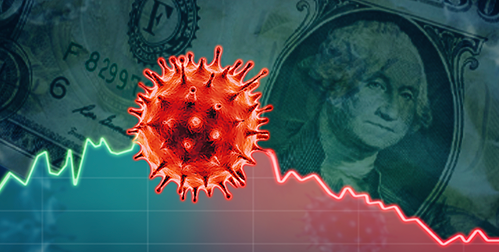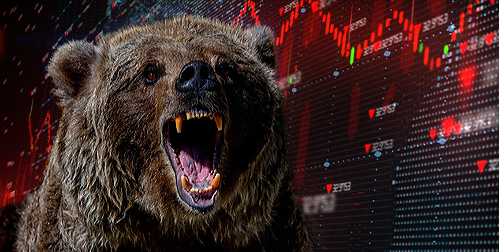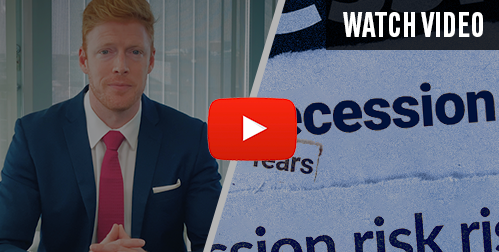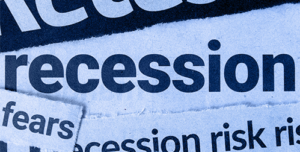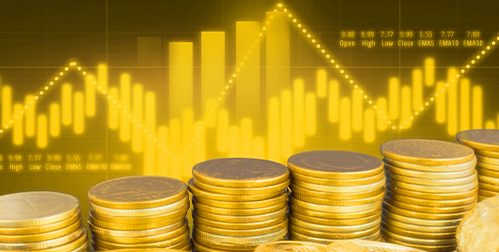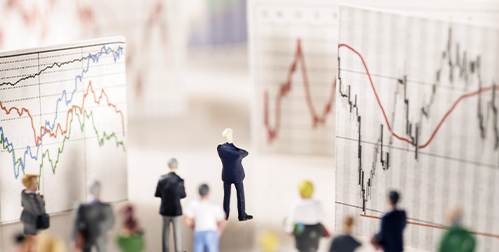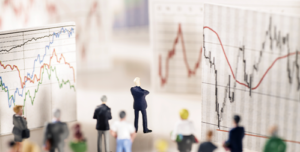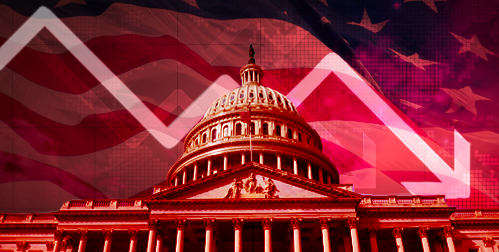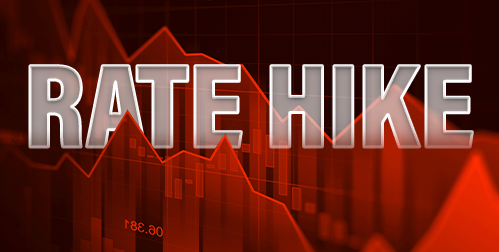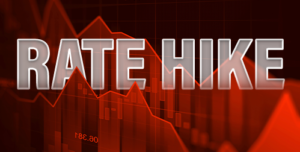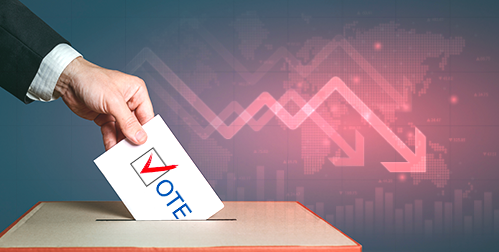- Housing market demand continues to decline as mortgage rates soar
- Current inflation rates don’t reflect the drop in housing prices due to a lag in data
- The Federal Reserve is highly unlikely to pivot on rate increases and help real estate
Interest Rates Cause Drop in Housing Demand
The once booming housing market continues to deflate. The housing industry is seeing a slowdown in sales. Mortgage applications to purchase a home were down 41% from the same week a year ago. They have been decreasing week over week for the past few months. And it looks like it is only going to get worse as interest rates continue to climb.1
Brian Moynihan is CEO of Bank of America. He said there are tough times ahead for the housing market. Mortgage rates are skyrocketing due to interest rate hikes. “This is the toughest thing. You have to slow down the economy. You have to slow down inflation. And the way you do that is raising interest rates,” Moynihan said. “The intended outcome of [the Fed’s] policies doesn’t feel good when you are trying to buy a home.” He says it is almost impossible for many younger Americans to buy a first home. He foresees two years of pain in the housing market before activity returns to normal. 2
Jeremy Siegel is a Professor at Wharton. He predicts the housing market will see negative growth in 2023 due to interest rate hikes. The average rate for a 30-year fixed mortgage has more than doubled this year. As a result, Siegel forecasts housing prices to fall 10-15%. The median home price would fall from $440,000 to $375,000.
Siegel joins other economists in saying that the Fed acted too late on inflation. The problem now is that they are basing their decisions on trailing data. There is a lag between hikes and results. The Fed is not capturing the effects their rate hikes are having. The data they are using doesn’t reflect the real state of the economy.
Housing makes up 50% of the core inflation rate. The price lag is therefore distorting the true rate of inflation. October inflation data showed Shelter climbed .8% after climbing .7% in September. But housing prices are going down, so the real rate of inflation is lower. The Fed should be easing up on rate hikes, not increasing them.
Siegel says a recession is ‘virtually 100%’ assured if the Fed keeps raising rates into next year.
He joins other analysts in thinking the Fed will pivot once they see inflation beginning to relent. Data last week showed a seventh consecutive month of declining money supply. That is the biggest drop since World War 2. The longer the Fed delays a pivot, the deeper the recession will be.

Fed Unlikely to Pivot on Rate Hikes
Siegel shouldn’t count on that pivot. John Williams and James Bullard are two of the Fed’s regional presidents. They warned that the inflation threat hasn’t faded. The US central bank may have to lift rates higher and keep them there throughout next year to curb soaring prices. Williams said, “My baseline view is that we’re going to need to raise rates further from where we are today. I do think we’re going to need to keep restrictive policy in place for some time. I would expect that to continue at least through next year.”3
The Fed has already raised rates by 75 points four consecutive times. Even if December’s hike is lower, it will still be the most aggressive tightening since the 1980s. The housing market will continue to contract, along with the rest of the economy. A home has long been a traditional store of wealth that people relied on to help fund their retirement. As the market collapses, safer assets should be sought. Our Gold IRA can preserve your wealth during this economic downturn. Contact us today to learn more.



